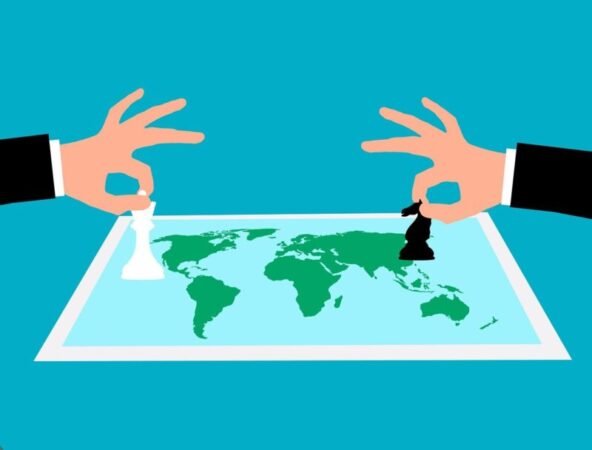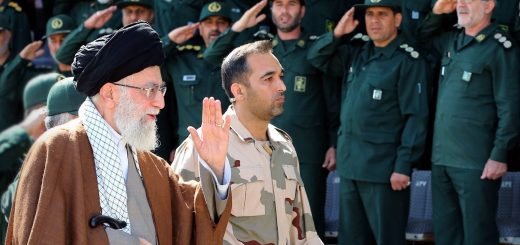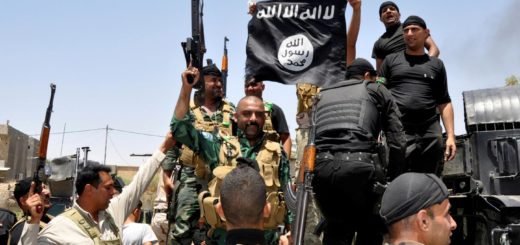Why Diplomatic Statecraft Remains Vital for India

Diplomacy has long been touted as an essential tool for resolving conflicts without violence. However, in an increasingly complex world strained by nationalism and power politics, does diplomacy really live up to its promise of averting war and facilitating cooperation? India’s embrace of diplomacy demonstrates its continued relevance, but limitations remain.
There is no doubt that diplomacy has prevented conflicts throughout history, as leaders leverage communication and negotiation to avoid catastrophic wars. Yet diplomacy fails as often as it succeeds. Its legacy is mixed. Prudent Indian leadership has often employed diplomacy and strategic restraint to reduce tensions, despite severe provocations. After the 26/11 Mumbai attacks, India resisted the urge for military retaliation and instead pressed Pakistan through diplomatic pressure. However, diplomacy has secured limited progress in resolving the Kashmir issue or cross-border terrorism. Diplomacy alone cannot eliminate these threats.
India has also utilized diplomacy to maintain working relationships with rivals. Despite border disputes and mistrust, India sustains engagement with China through summits, commercial ties and Doklam-style crisis management. This uneasy diplomacy achieves more stability than alienation. However, China’s assertive encroachments along the LAC reveal limitations. Skillful Indian diplomacy balances cooperation with deterrence.
Diplomacy furthered India’s rise on the world stage. Deft diplomacy enabled India to craft strategic partnerships with diverse major powers. Landmark civil nuclear deals were achieved through political negotiating skills. Simultaneously, India exercises global leadership via the G20, UN, WTO and other multilateral forums. Yet, India’s permanent UN Security Council aspirations remain unfulfilled, exposing systemic inequities.
Clearly, diplomacy has advanced Indian interests, reduced tensions and enabled global leadership. Yet its impact often underwhelms. Transcending deep rivalries remains difficult. Discriminatory nuclear regimes persist. Terrorism continues. Diplomacy moves slowly. Realists argue it merely reflects underlying power dynamics.
Still, few alternatives exist. Conflict resolution through neutral third parties like the UN has mixed success. Mediation cannot force breakthroughs. Abandoning engagement and communication is counterproductive, especially for a pluralistic democracy like India that prioritizes non-violence. While militarism generates isolation and backlash, diplomacy embeds India in the international order.
In today’s complex and interconnected world, diplomacy is an indispensable first line of defence. It facilitates vital climate change cooperation. Diplomacy will be integral to ushering the post-pandemic economic recovery. India’s vaccine diplomacy showcases how building goodwill drives national interests.
Certainly, diplomacy has limits. It cannot instantly resolve deeply entrenched conflicts. War and coercion remain when talks fail. Yet, India’s embrace of proactive diplomacy demonstrates its intrinsic value for advancing national interests, managing flashpoints, sustaining engagement and positioning itself as a responsible global power. Diplomacy endures as an essential instrument of statecraft.


















